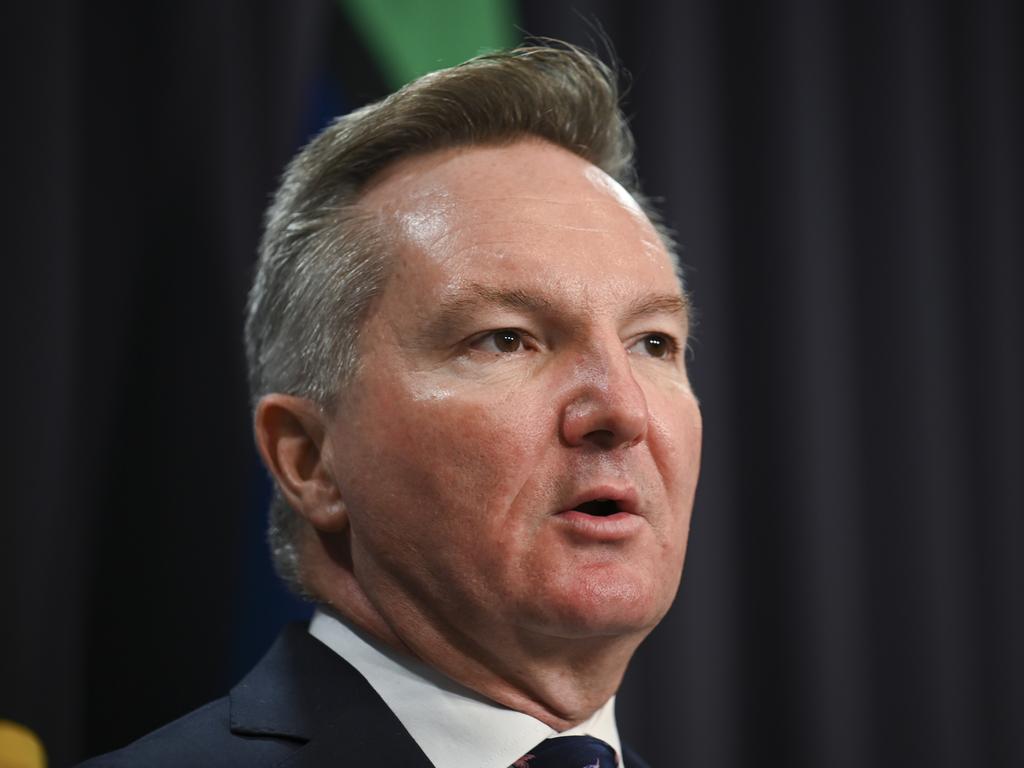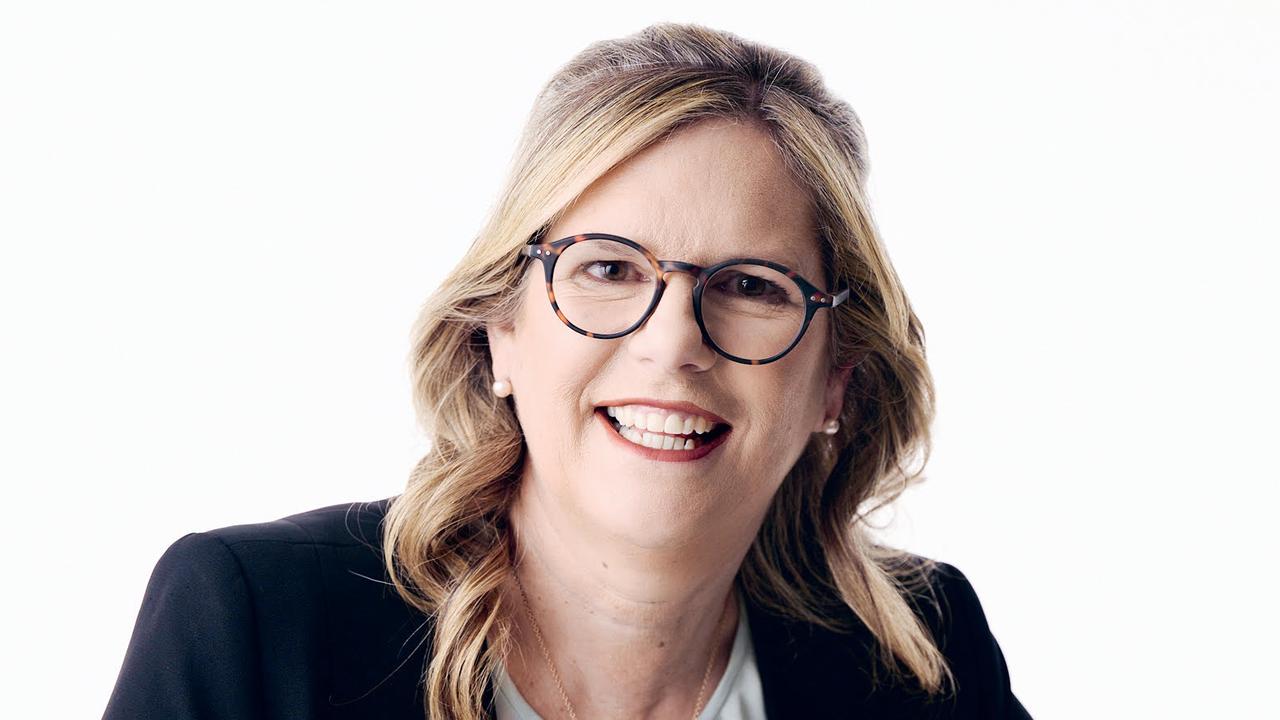Oil, gas needed for years: BlackRock’s Larry Fink says in annual letter
One of the world’s most influential ESG investors argues energy security is just as important in the move to net zero.
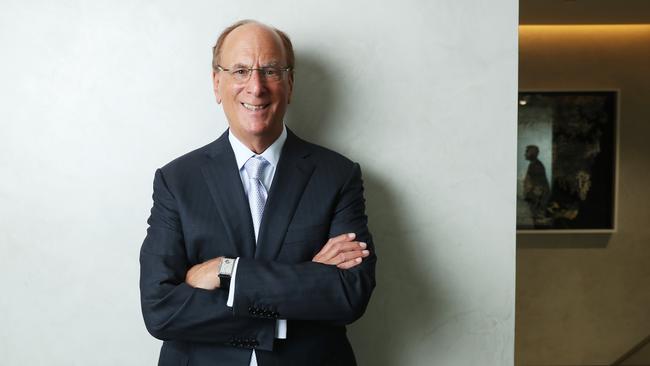
Business
Don't miss out on the headlines from Business. Followed categories will be added to My News.
One of the world’s most influential investors has said the switch is on to “energy pragmatism” that recognises energy security is just as important in the move to net zero.
Larry Fink of the $US10 trillion ($15.3 trillion) BlackRock has acknowledged the world will need to rely on oil and gas “for years to come” through the uneven energy transition.
The comments represent a major shift for Fink, who in recent years has been at the forefront of green and ESG investing. But the New York-based co-founder of the world’s biggest asset manager has faced intense political backlash around his efforts to use BlackRock’s substantial investment clout to drive a greener economy.
In his latest annual letter to investors, Fink has backed right away from his previous and escalating warnings about the impact of climate change and the long-term risks it represents for economies and markets.
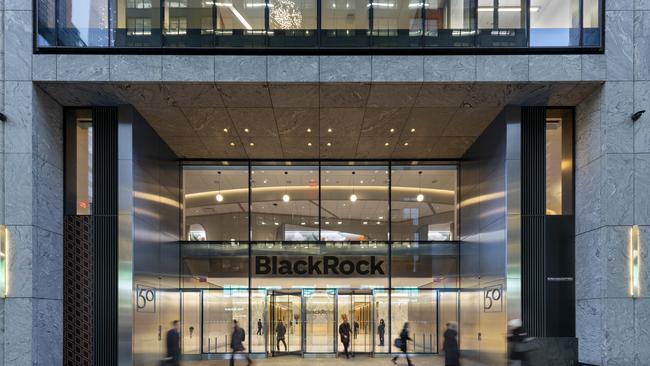
Indeed, his letter released on Wednesday night, which runs to almost 30 pages, only mentions climate change in passing and the discussion is limited to strategies under way in the energy transition.
Previously Fink, the chairman and CEO of BlackRock, has used his widely read letters as a platform to push the companies he invests in to move quicker around decarbonisation efforts. This has prompted several US Republican states to collectively pull billions of dollars worth of pension investment mandates from BlackRock in protest at Fink’s so-called “woke agenda”.
But the latest letter takes a much more nuanced approached and focuses on two areas in depth – demand for energy infrastructure as well as funding the retirement wave.
Fink nominates these themes as the biggest long-term economic challenges now facing the world.
Some of the discussion on energy infrastructure takes a defensive tone, with Fink saying his strategies are built around where his clients want to invest.
“If they want to invest in hydrocarbons, we give them every opportunity to do it – the same way we invest roughly $US138bn in energy transition strategies for our clients,” Fink says.
While energy transition, including investment in wind and solar power and decarbonisation, is still a major economic force, the demand for clean energy is now being amplified by a focus on energy security.
Russia’s invasion of Ukraine and surging energy inflation has put even more focus on energy security.
Countries such as Germany will need to rely on new gas markets to generate dispatchable power to fill the gap from solar and wind.
This is leading to an era of “energy pragmatism” where fossil fuels will still be needed.
‘No binary choice’
This is leading to an era of “energy pragmatism” where fossil fuels will still be needed.
Energy solutions aren’t a binary choice where “you often hear from activists on the far left and right who say that countries have to choose between renewables and oil and gas”.
Fink talks of meeting energy bosses, governments and regulators across dozens of countries over the past year. He met with clients in Australia during a visit last June.
But many countries are recognising that “their long-term path to decarbonisation will include hydrocarbons, albeit less of them, for some time to come”.
The letter also steers clear of immediate topics driving global markets, including the rise of the so-called Magnificent Seven technology stocks, the artificial intelligence boom or even the path for US rates and its economy.
However, Fink does sound the alarm about the rising threat of ballooning government debt, with rising interest rates creating a “very dangerous” situation. He argues that getting countries back on a path of growth will be a stronger lever for getting debt under control compared to fiscal measures.
Fink defends BlackRock’s track record on energy investing: He has never supported the movement to divest shares from traditional oil and gas companies. This is largely as many traditional players are also “pioneers of decarbonisation”.
He points to the $US300bn BlackRock has invested in traditional energy firms around the world on behalf of clients and this is more than double the amount invested in green energy. And he ties the power of capital markets in driving energy innovation, including BlackRock’s direct investments in green technology.
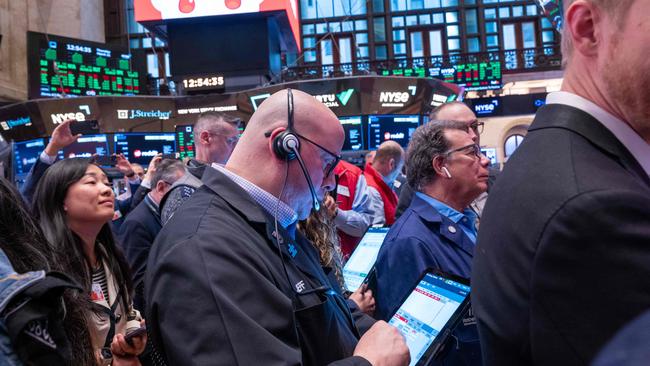
“Decarbonisation and energy security are the two macroeconomic trends driving the demand for more energy infrastructure. Sometimes they’re competing trends. Other times they’re complementary, like when the same advanced battery that decarbonises your grid can also reduce your dependence on foreign power.”
“The point is: The energy transition is not proceeding in a straight line”.
Much of the letter discusses the retirement challenge facing the world, and the US in particular. He said capital markets are the answer to helping people – including Fink’s own parents – retire with dignity and financial freedom.
But with people living longer lives, this is becoming a much harder proposition to deliver.
“They’ll need more money. The capital markets can provide it – so long as governments and companies help people invest,” he said.
He points to Australia’s superannuation system with compulsory employer payments into a pension account as model the US should consider.
“Today Australians likely have more retirement savings per capita than any other country. The nation has the world’s 54th largest population, but the 4th largest retirement system,” he said, adding superannuation eased financial tension on government funded pensions.
So too, with people living longer, it was time to “start having the conversation” about the right age for retirement.
“What’s the solution here? No one should have to work longer than they want to. But I do think it’s a bit crazy that our anchor idea for the right retirement age – 65 years old – originates from the time of the Ottoman Empire,” Fink said.
Rather than push back on tinkering with pensions and retirement age, the political answer should be built around encouraging more people who wish to work longer “with carrots rather than sticks”.
He points to Japan as overcoming the pressures on its ageing economy by finding new ways to boost the jobs market through encouraging people to work beyond retirement.
More Coverage
Originally published as Oil, gas needed for years: BlackRock’s Larry Fink says in annual letter



